detail profile necmettin c3 87obano c4 9flu
Peran Yang Di Mainkan Necmettin Çobanoğlu
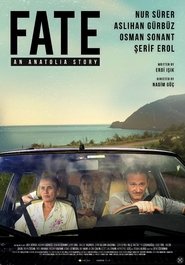 After losing her husband Sultan fearing...
After losing her husband Sultan fearing...Fate 2024
After losing her husband, Sultan, fearing loneliness, told her children she wanted to remarry immediately. Her son Nevzat, with a traditional mindset, opposed this, arguing it would be unacceptable in their small town, especially so soon after their father's death. Her daughter Reyhan respected her mother’s wishes but felt the decision was too hasty. Despite their objections, Sultan remained determined. Seeking a new husband, she also entered the business world, defying societal expectations. She turned her house into a boarding house, opened a market stall, and challenged male vendors. Sultan's bold actions inspired other women in the district to break free from traditional roles, leading them to work alongside her in the boarding house and market. Her efforts ultimately sparked a movement for female independence, as more women gained their own identities.
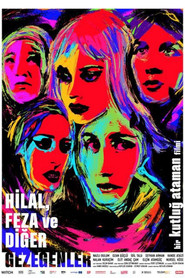 After Turkeys february 1997 military intervention Hilal...
After Turkeys february 1997 military intervention Hilal...Hilal, Feza and Other Planets 2022
After Turkey’s february 1997 military intervention, Hilal and Fatma left their town to study at university in Istanbul. Feza lives downstairs in their lodgings, has fled as village where was cruelly bullied for being a transgender woman. Hilal chooses to help Feza and Fatma.
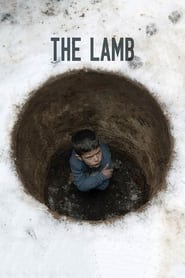 In a small village young Mert...
In a small village young Mert...The Lamb 2014
In a small village, young Mert is about to get traditionally circumcised, but the family does not have the money to follow up with the circumcision celebration. The family wants to be able to serve lamb meat to the guests at the celebration. Mert’s older sister scares him that if they cannot afford a lamb the father will slaughter him instead.
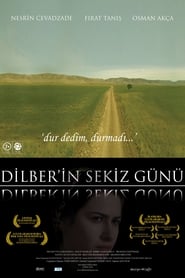 Dilber lives with her family in...
Dilber lives with her family in...Dilber'in Sekiz Günü 2009
Dilber lives with her family in a very poor eastern village, her only dream is to marry her childhood lover, Ali. But when she finds out that it won't happen because of a reason that she can't get away with, she gets crazy and lock herself up in her family's barn. Then she makes everybody knows that she'll marry the first guy who proposes and won't leave the barn till that happens. One day, a limping man comes to the village. He's alone and has heard that there's a girl in that village who's ready to marry him.
 September 1980 Mustafa Mehmet Ali Alabora and...
September 1980 Mustafa Mehmet Ali Alabora and...Home Coming 2006
September 1980. Mustafa 'Mehmet Ali Alabora' and his wife, who're both laborers are married for 5 years. The couple has nothing to do with politics and spend their days happily with their 3 year old daughter and their TV, despite the clamor of guns clashing outside every night. One Friday morning, they wake up and hear the voice of Hasan Mutlucan on radio and observe soldiers marching through the streets, the very confirmation of the military coup that has taken place. Arrests begin instantly in workplace and neighborhood. Yet Mustafa, far from being disturbed, assumes that all apprehensions must have rightful reasons. Until the night he's taken into custody, charged with the crimes of a militant code named "Sehmuz".
 In the metropolitan city of Hamburg...
In the metropolitan city of Hamburg...A Little Bit of Freedom 2003
In the metropolitan city of Hamburg, illegal immigrant Chernor, an openly gay African youth with blond hair, makes his money by dealing drugs and dreams of one day living in Australia. Baran, meanwhile, is a Kurdish bicycle delivery boy living in constant fear of deportation, who keeps his past in a video camera. The two form a bond when they meet, and their shared struggles to survive soon develop into a relationship that is threatened when Baran loses his job.
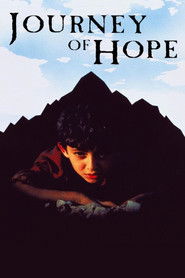 In a village in eastern Turkey...
In a village in eastern Turkey...Journey of Hope 1990
In a village in eastern Turkey, tales of the economic success of Turks in Switzerland inspire Haydar to convince his wife Meryem that they must go. He sells their livestock and small plot of land in exchange for passage for two. He wants to leave their seven children in the care of the eldest and his parents; his father advises him to take one son to be educated in Europe. Will anyone reach the land of promise?
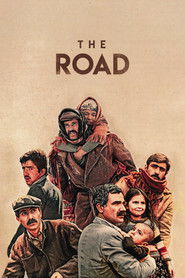 When five Kurdish prisoners are granted...
When five Kurdish prisoners are granted...The Road 1982
When five Kurdish prisoners are granted one week's home leave, they find to their dismay that they face continued oppression outside of prison from their families, the culture, and the government.

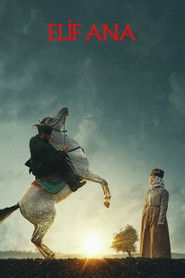 Mother Elif is known to be...
Mother Elif is known to be...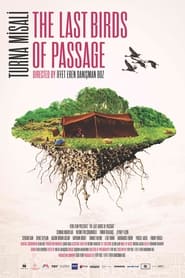 A nomad family migrates with their...
A nomad family migrates with their...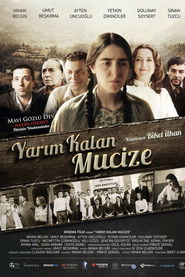


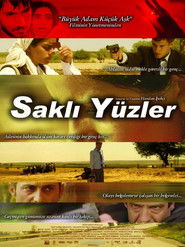 Complex and intriguing Turkish drama about...
Complex and intriguing Turkish drama about...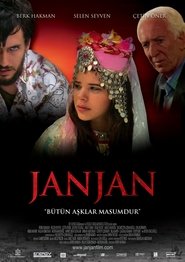
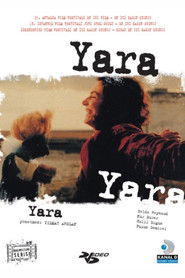 Hulya is a young Turkish woman...
Hulya is a young Turkish woman...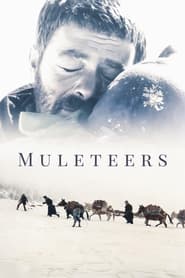 Three villagers four soldiers and a...
Three villagers four soldiers and a...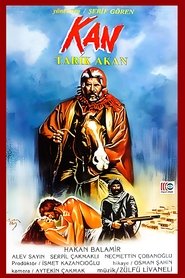 Directed by Serif Gren
Directed by Serif Gren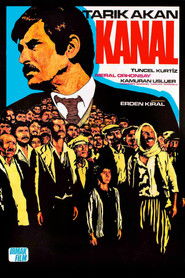 Directed by Erden Kiral
Directed by Erden Kiral